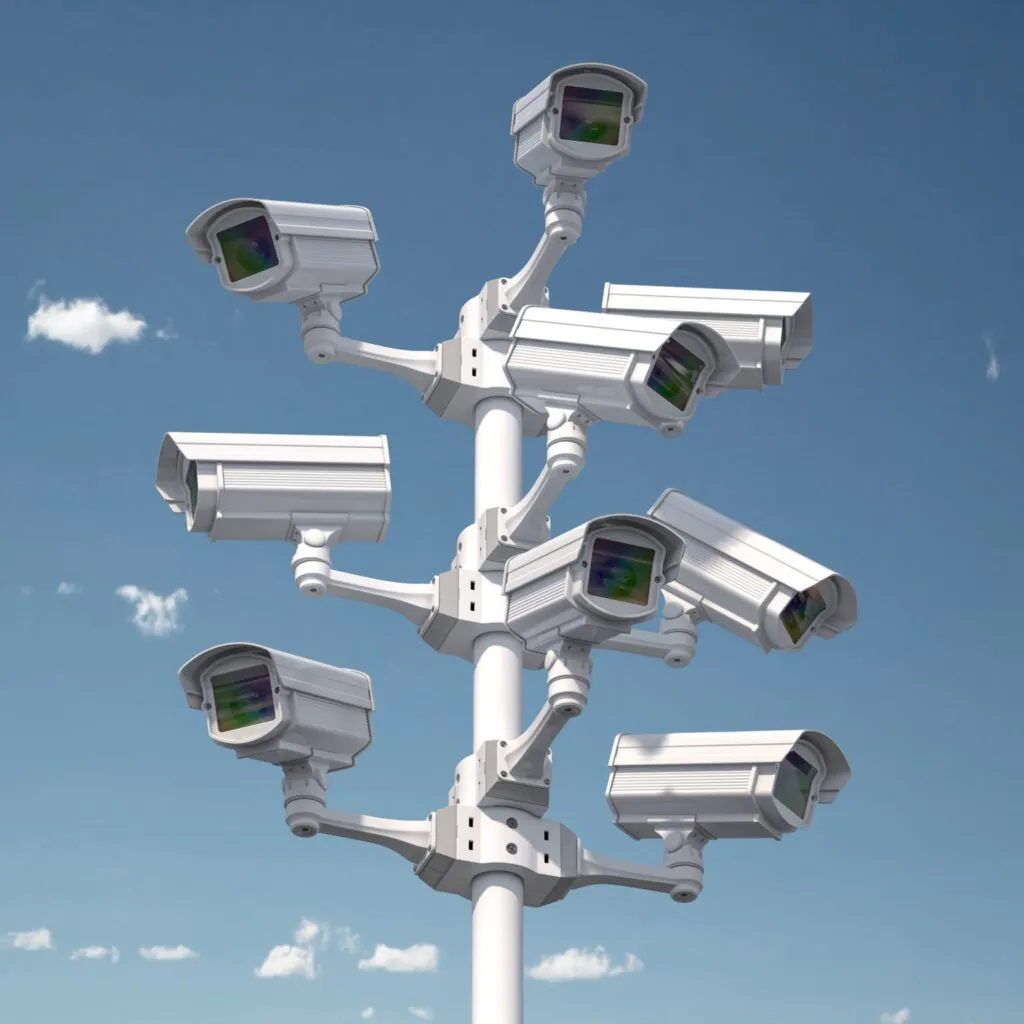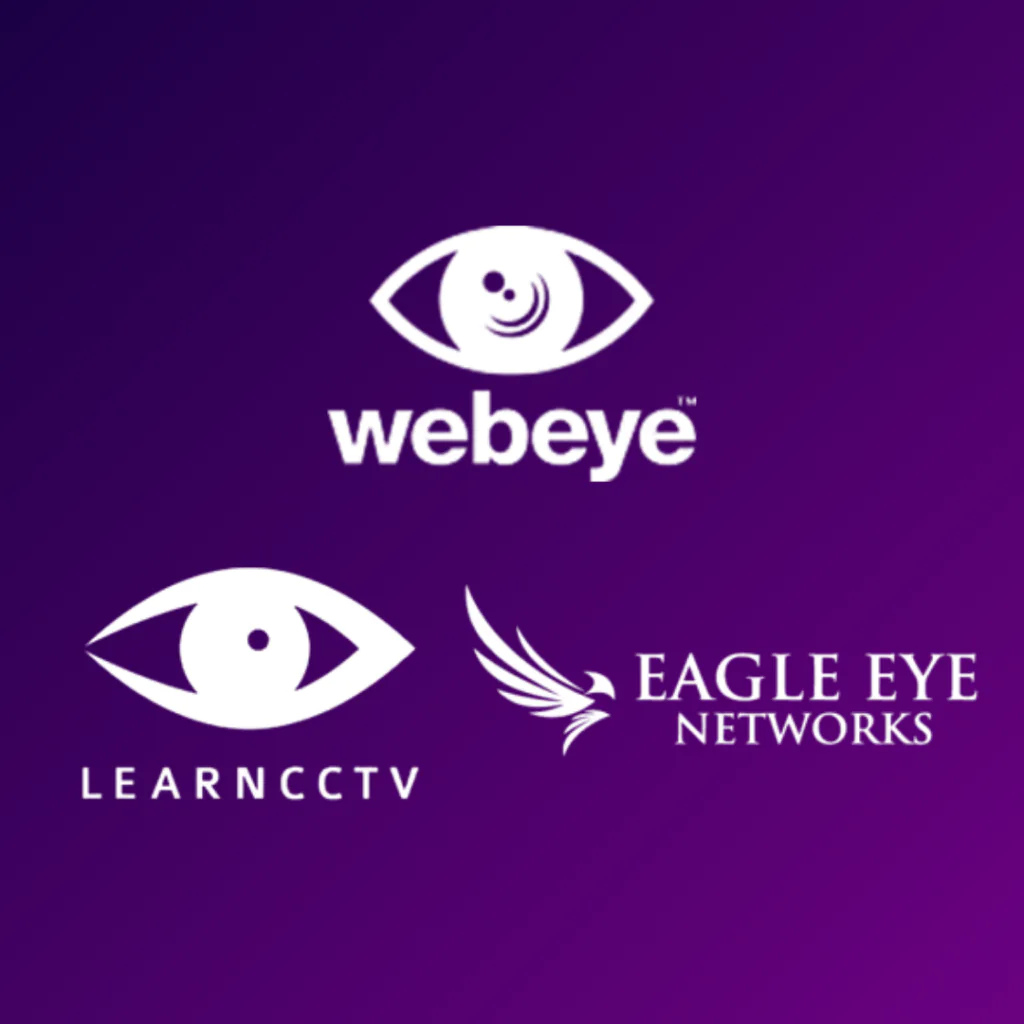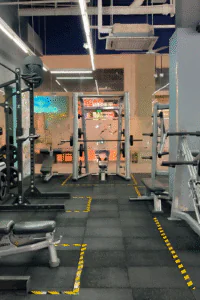Welcome To
Global CCTV Monitoring Services
Your trusted Remote Monitoring Service for 24/7 theft prevention, workplace safety, andreal-time protection for businesses of all industries.

About our company
The Story Behind GCCTVMS
During the COVID-19 pandemic, Najmul Hasan Sayed noticed rising crime and stretched law enforcement. With only his wife believing in his vision, he decided to create GCCTVMS to protect communities.
Starting alone, Najmul leveraged his connections to attract clients such as car dealerships, warehouses, and private properties. He personally trained his team to uphold his core values of safety and reliability.
Through determination and strategic partnerships with industry leaders like Learn CCTV, Webeye, and Eagle Eye, GCCTVMS has grown into a global security monitoring leader, helping protect people and businesses worldwide.
Our Trusted Partners
At GCCTVMS, we partner with industry-leading surveillance technology providers including Eagle Eye Networks, Webeye, and Learn CCTV to deliver reliable and intelligent CCTV Monitoring Services. These collaborations allow us to enhance our CCTV Surveillance solutions with advanced cloud-based platforms, AI-driven video analytics, and real-time threat detection.
Through smart analytics, instant alerts, and automated monitoring processes, our system enables proactive threat prevention rather than reactive security. This advanced approach minimizes risks, improves response efficiency, and provides complete visibility and control—ensuring your property remains protected at all times with total peace of mind.

Advanced Security. Smarter Monitoring
Harness cutting-edge camera technology integrated with advanced AI-powered monitoring systems to deliver intelligent, next-generation security. Our surveillance solutions continuously scan, analyze, and interpret live video feeds, allowing for precise detection of suspicious behavior, unauthorized movement, and potential security threats in real time.
Through smart analytics, instant alerts, and automated monitoring processes, our system enables proactive threat prevention rather than reactive security. This advanced approach minimizes risks, improves response efficiency, and provides complete visibility and control—ensuring your property remains protected at all times with total peace of mind.
Our Services
Want to boost your business growth? Solution is here
Enhance your security and protect your assets with our advanced CCTV monitoring solutions—
helping your business grow safely and confidently every day.
24/7 Live CCTV Monitoring
Our Remote Monitoring Service provides 24/7 Live CCTV Monitoring for business, workspace, or industrial sites, alerting you to threats in real-time.
Fire and Safety Monitoring
Protect lives and assets 24/7. We monitor for fire, smoke, and safety hazards in real time, ensuring rapid response when every second counts
Virtual Doorman Services
Virtual Doorman Services give you 24/7 Virtual Security at a lower cost—perfect for entry control, residential safety, or commercial and workspace security.
Industries We Cover
Empowering Every Industry with
Tailored Solutions
Improve your security and keep your assets safe with our trusted CCTV monitoring solutions
making sure your business stays protected and runs with confidence every day
Our Offices Around the World
Discover GCCTVMS’s global presence with offices across multiple countries, allowing us to deliver fast support, local coordination, and worldwide monitoring services.

BTS
How GCCTVMS Work Behind
The Scenes
Our security team uses advanced monitoring systems and smart detection tools to spot threats, record events, and keep your property safe around the clock.
Our Clients And Partners
Testimonials
What people Say
See why businesses trust GCCTVMS for 24/7 Live CCTV Monitoring, fast response, and professional service. From Virtual Doorman Services to Two-Way Audio Surveillance, we keep your property secure day and night.
Our Blogs
Insights from the world of CCTV monitoring
Discover expert insights, industry trends, and the latest innovations transforming CCTV monitoring into smarter, faster, and more effective security solutions worldwide.

























